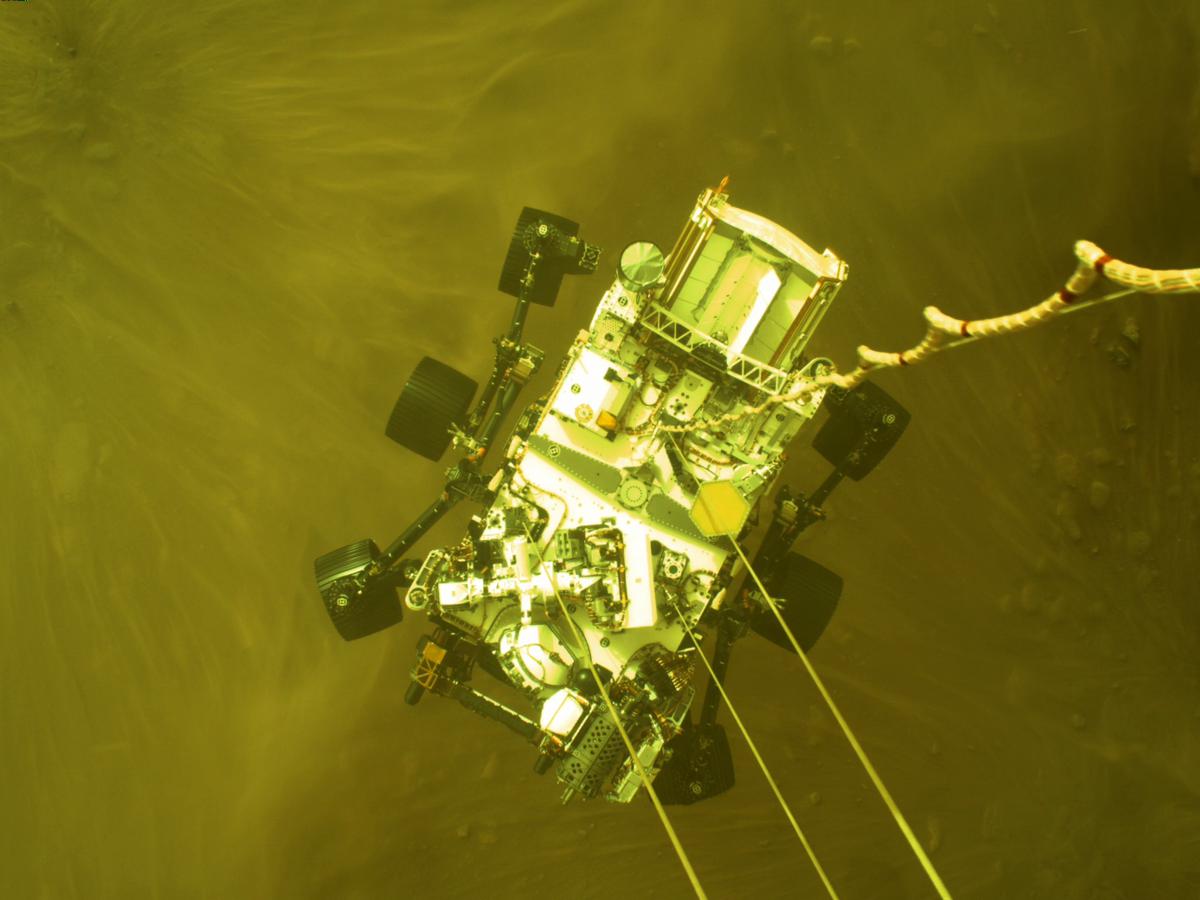Discover Mars
Perseverance
Perseverance, NASA's resilient rover on Mars, symbolizes relentless exploration. Armed with advanced instruments, it's drilling into Martian rocks, studying ancient riverbeds, and analyzing the thin atmosphere. Perseverance continuously astonishes with panoramic views and groundbreaking discoveries, reaffirming humanity's pursuit of cosmic understanding and reshaping our knowledge of Mars.
Cameras
SuperCam
SuperCam fires a laser at mineral targets that are beyond the reach of the rover’s robotic arm, and then analyzes the vaporized rock to reveal its elemental composition.
Types of photos to expect:
A general purpose camera, you can expect to see a lot of broader environmental images.
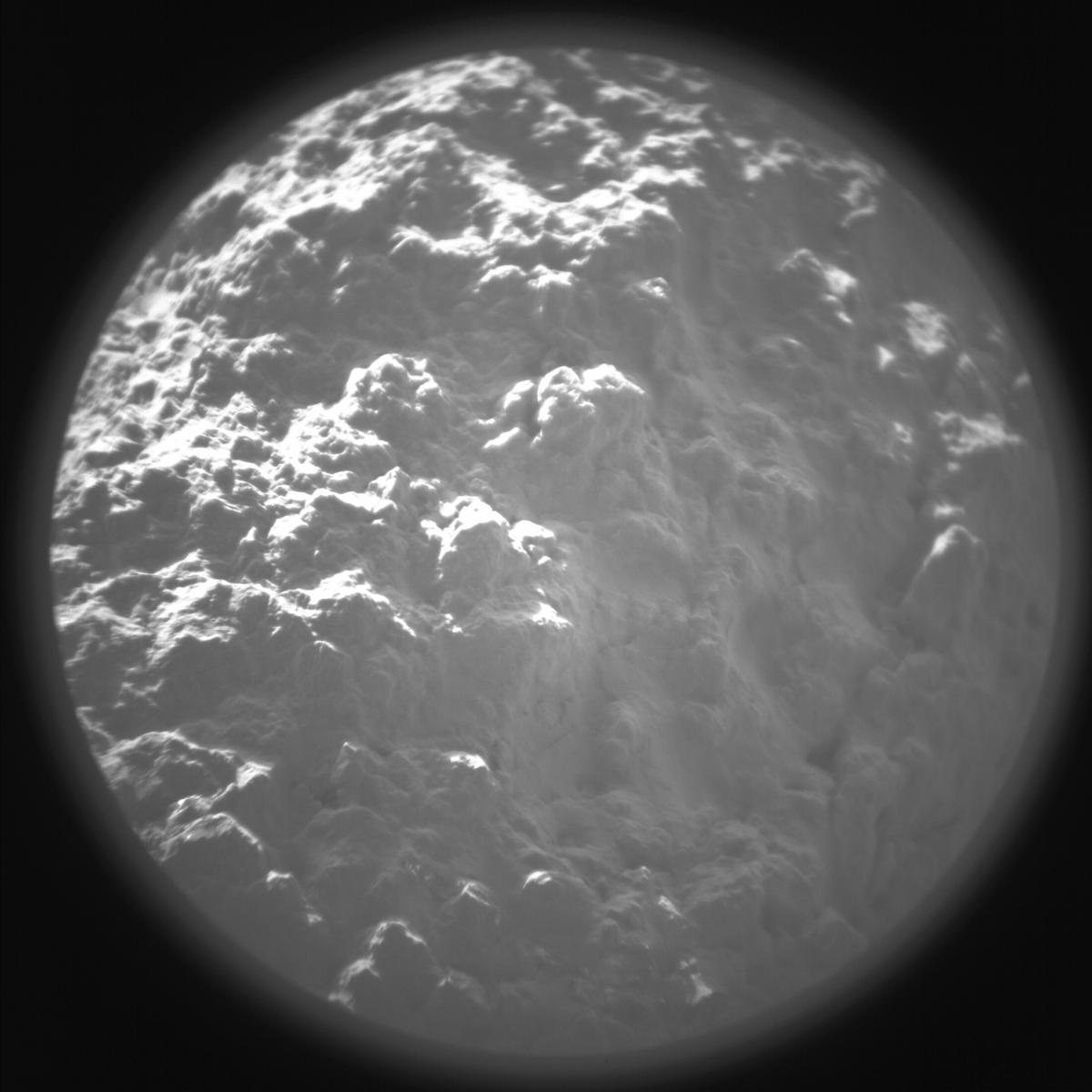
SHERLOC Context Imager
SHERLOC's main tools are spectrometers and a laser, but it also uses an integrated “context” macro camera to take extreme close-ups of the areas that are studied.
Types of photos to expect:
Close up shots of mars regolith and other sites of geological interest
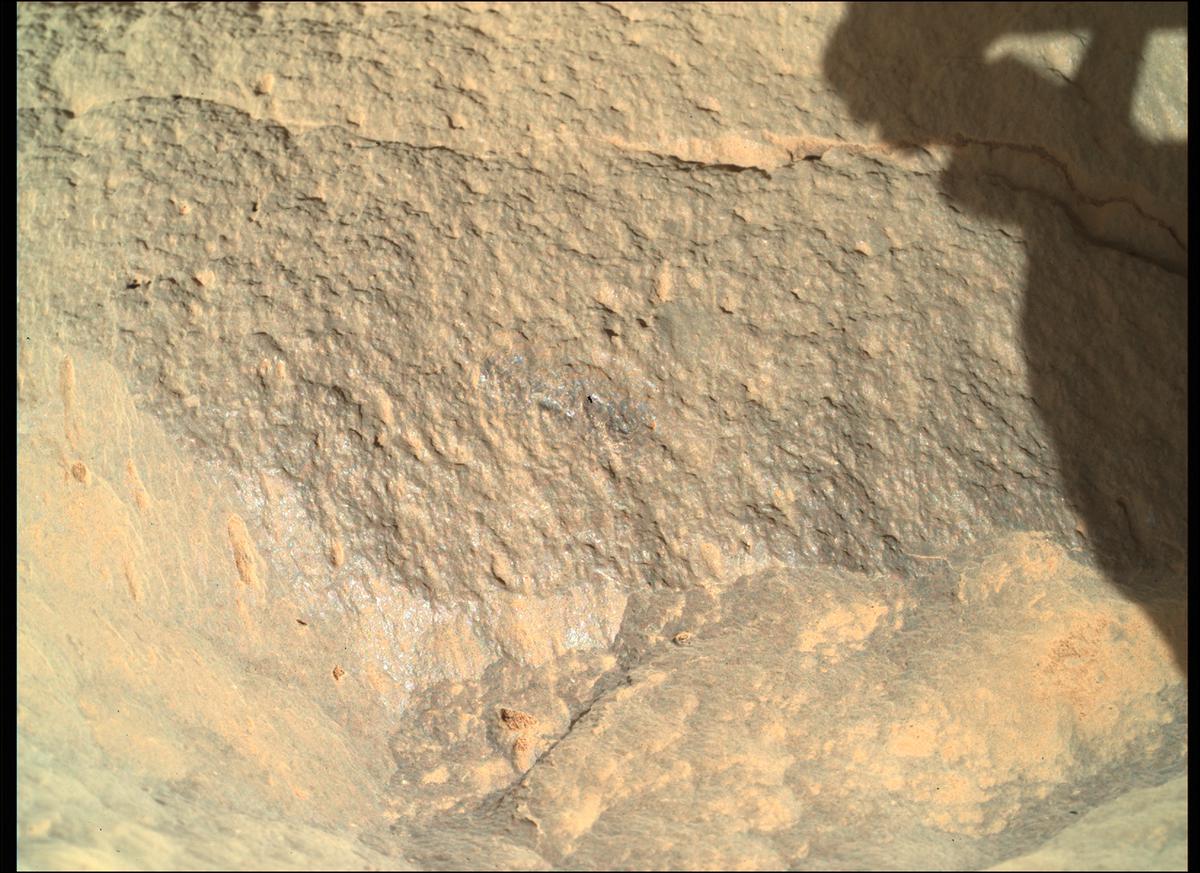
Hazard Avoidance Cameras (HazCams)
Perseverance carries six newly developed Hazard Detection Cameras, called HazCams: four on the front and two on the rear of the rover body. HazCams detect hazards to the front and back pathways of the rover, such as large rocks, trenches, or sand dunes.
Types of photos to expect:
Images of the immediate surrounds of the rover, and lots of the rover itself.
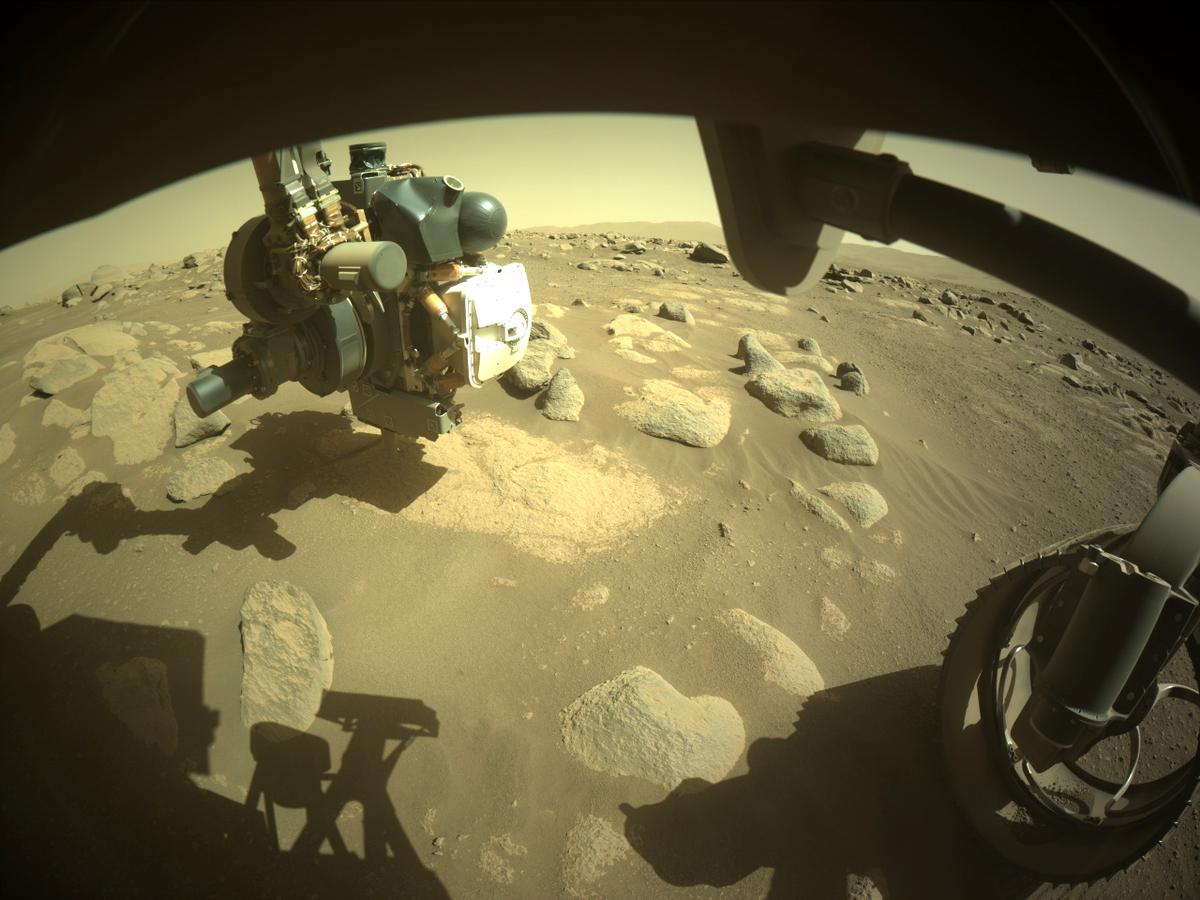
Navigation Cameras
Two color stereo Navigation Cameras, called Navcams, help engineers navigate Perseverance safely, particularly when the rover operates autonomously, making its own navigation decisions without consulting controllers on Earth.
Types of photos to expect:
Images of the immediate surrounds of the rover.
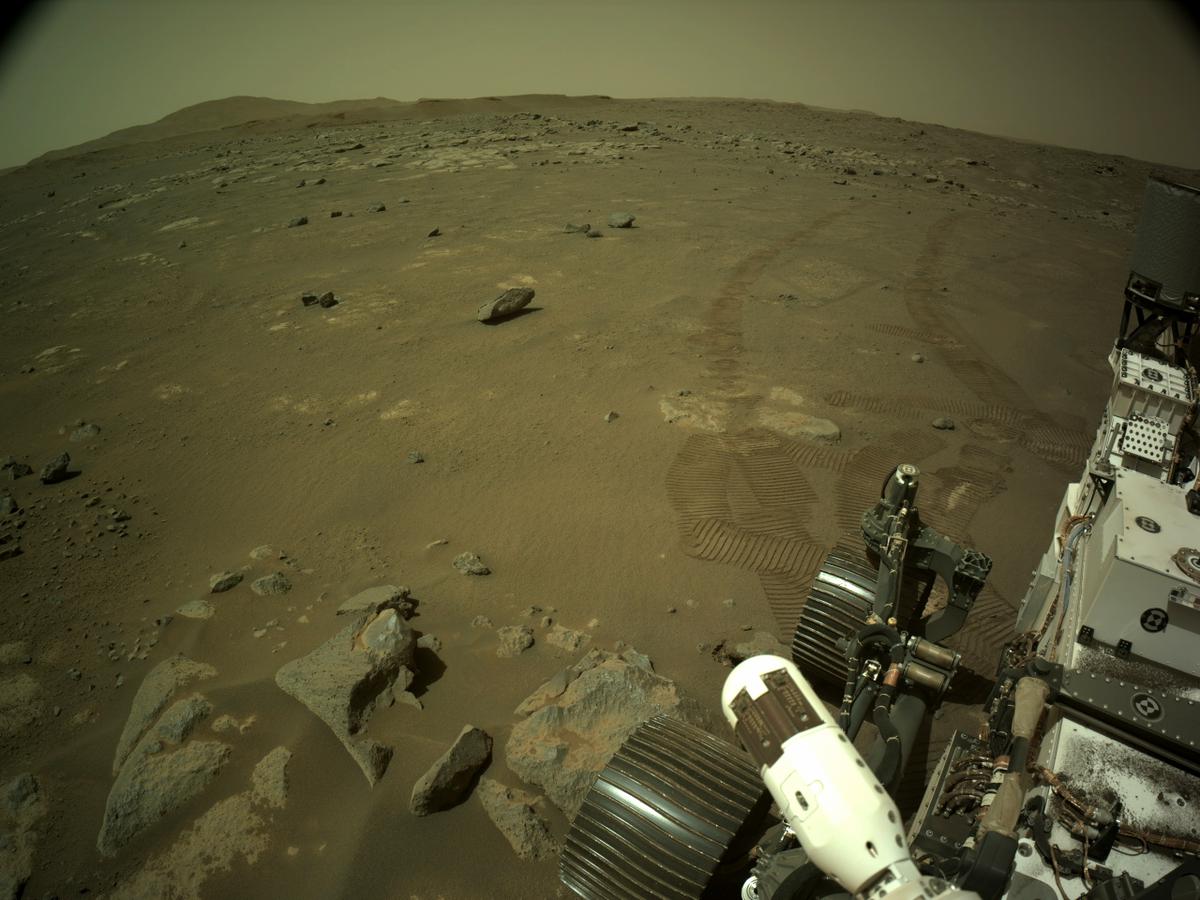
Entry, Descent, and Landing Cameras
Ever wonder what it would be like to have an "astronaut's" view of landing on Mars? For the touchdown of the Perseverance rover, the engineering team added several cameras and a microphone to document the entry, descent, and landing in even greater detail.
Types of photos to expect:
Close up images.
